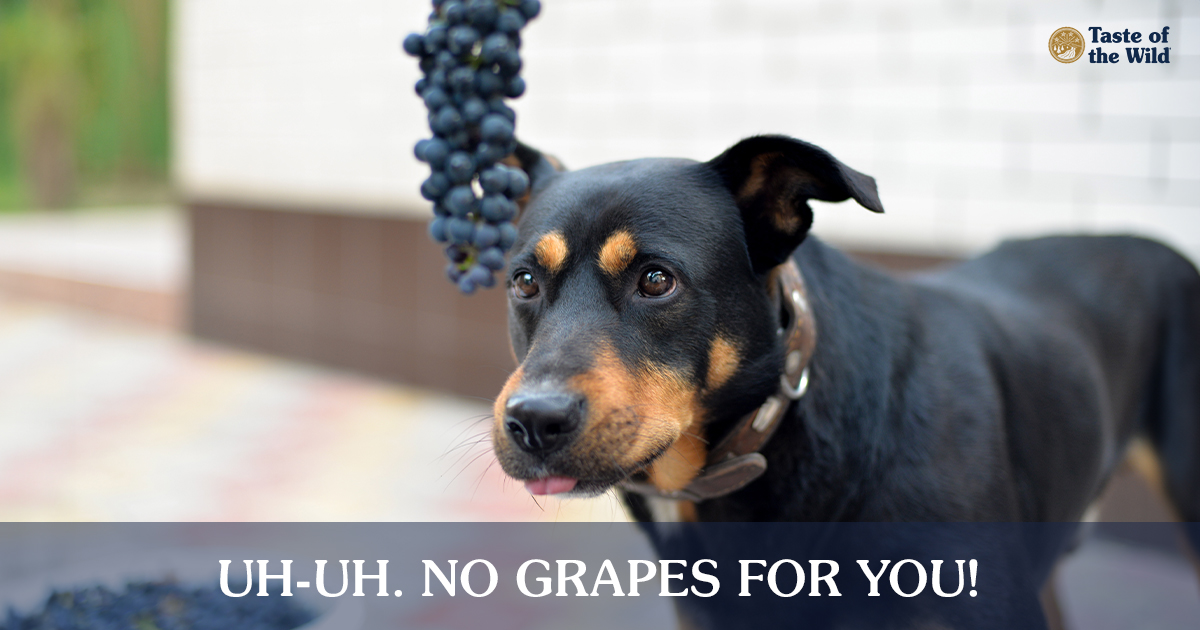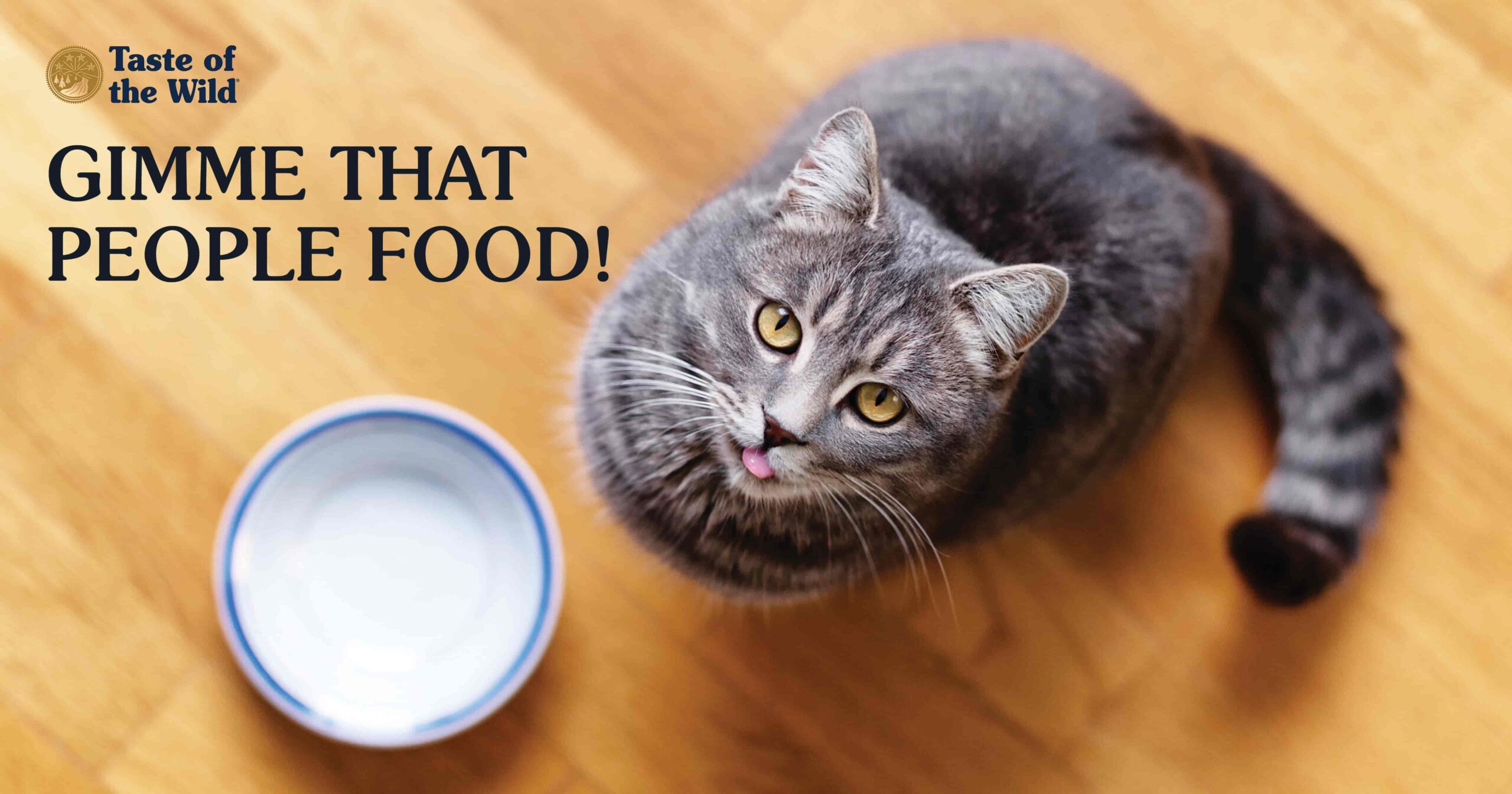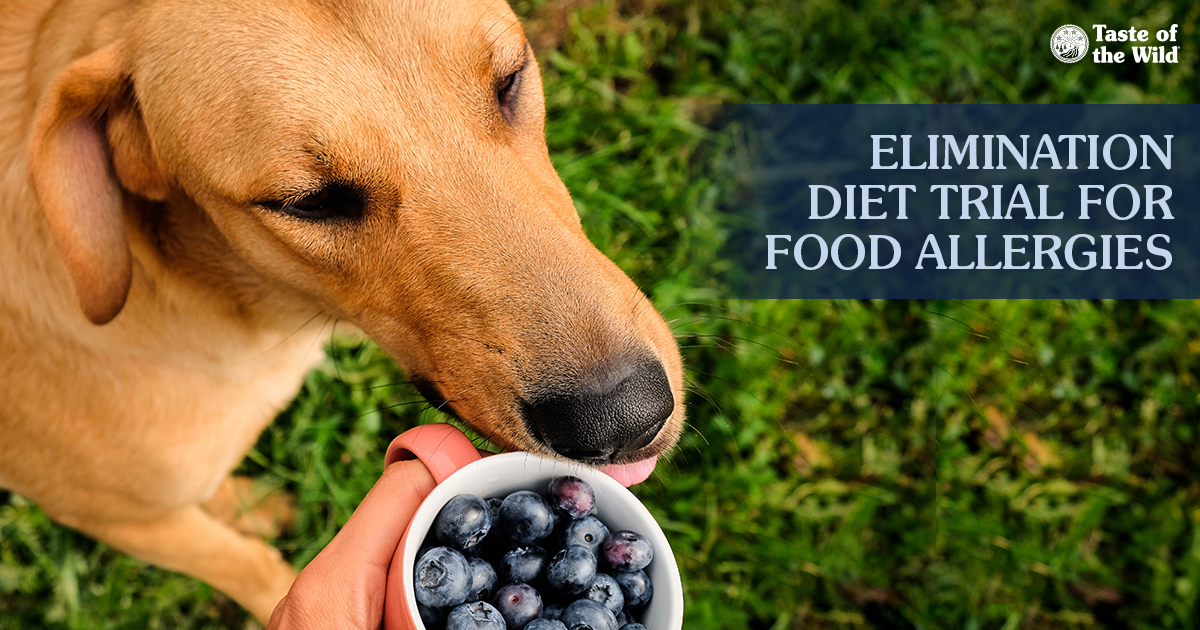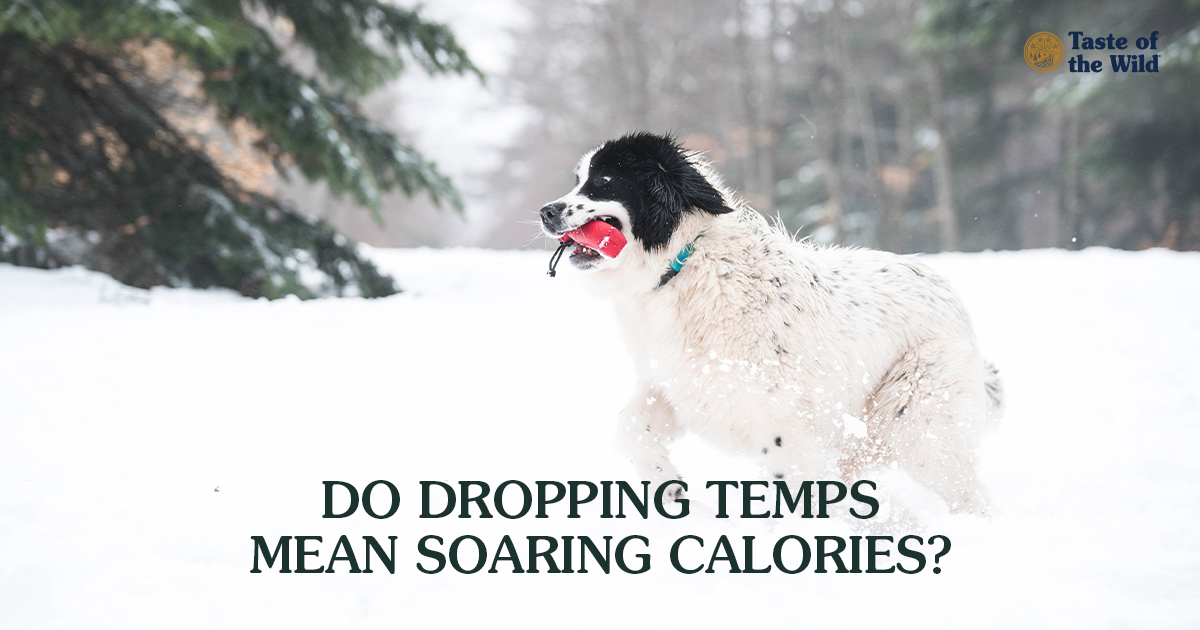Why Are Grapes Bad for Dogs?
Thursday, June 24, 2021 | Nutrition

Among the many foods that are on the no-no list for dogs are grapes and their relatives: raisins, sultanas and currants. Dogs should not eat grapes or any grape-based foods because they can cause severe kidney failure and even death. So what makes grapes so bad that even a single grape can cause health issues for dogs?
Are Grapes Acidic? Is That the Problem?
Grapes do have a pH on the lower side so they are acidic, but the issue with dogs eating grapes isn’t because they’re acidic. It’s likely due to one particular acid — tartaric acid. If that sounds familiar to all the bakers out there, it’s probably because you’ve used cream of tartar, which is made from tartaric acid, in your baking. Unlike people and some animals, dogs are especially sensitive to tartaric acid.
What Happens If a Dog Eats a Grape?
For a long time, no one knew exactly what made grapes toxic to dogs. The type of grape didn’t matter; dogs showed signs of vomiting, diarrhea, lethargy, lack of appetite, and later increased thirst and urination, whether the grapes were green or red, seeded or seedless grapes, fresh grapes or dried (raisins, sultanas and currants). And sometimes grape and raisin toxicity led to acute kidney failure or worse.
Then the connection between grapes and dogs exposed to cream of tartar and tamarinds was made. The ASPCA explains that the clinical signs, lab results and kidney lesions seen in the dogs exposed to cream of tartar and tamarind resembled those of dogs who ate grapes and raisins. This helped investigators realize that a common factor — tartaric acid — was the toxic substance behind the kidney problems.
What Are the Symptoms After a Dog Eats Grapes?
The symptoms of grape or raisin toxicity can vary among dogs, among grapes, and by how many grapes the dog ate. A dog’s health can be affected within hours of grape ingestion; typically dogs with grape poisoning vomit, have diarrhea, don’t want to eat, drool and just want to laze around. You may notice them drinking and urinating more. If kidney damage has already started, urine production may decrease (there may be little or no urine coming out).
Can Dogs Have Green Grapes? Can Dogs Have Red Grapes?
Red, green, purple, black or yellow; it doesn’t matter what color the grapes are, don’t let your dog eat them, as they can all potentially cause grape toxicity. They also shouldn’t eat dried grapes, like raisins, sultanas and currants, since these may also be toxic to dogs.
What to Do If Dogs Eat Grapes
If you know or suspect your dog ate a grape, you should immediately call your veterinarian. If your dog ate grapes or raisins (or any grape-based food) while your vet clinic is closed, call an after-hours emergency veterinary clinic, the ASPCA Animal Poison Control Center (1-888-426-4435) or the Pet Poison Helpline (1-855-764-7661) for advice on what to do. Do not try to induce vomiting unless a veterinarian has advised you to do so.
My Dog Ate Grapes but Seems Fine
If your dog eats raisins, grapes or any other grape-containing food, call your vet. Even if your dog isn’t showing signs of grape poisoning, you should still call your vet. If it’s been less than an hour or two, your vet may induce vomiting so the toxins (grapes or raisins) are removed from your dog’s stomach. Further treatment may still be required, though.
Sensitivity to grapes can vary among dogs, so it’s best to be safe and have your dog examined by your vet if they have ingested grapes or raisins — even if they seem fine or ate just one grape.
Can Dogs Have Wine?
Nope. Any alcohol is bad for dogs. Along with grape poisoning from the wine (it contains tartaric acid), dogs can experience ethanol poisoning, which leads to trouble breathing and seizures. So make sure you keep wine glasses and bottles well out of the reach of curious canines.
Can Dogs Have Grape Juice?
Another nope. Grape juice can also cause grape toxicity so don’t let your dog sneak a sip from your glass. Eating grapes, drinking liquids made from grapes and eating dried grape products can all cause toxicity in dogs and are all big no-nos.
The bottom line is that dog owners should never feed their dog grapes or any food with a grape-based ingredient in it (e.g., raisin bread is out). If your dog does eat grapes, call your vet immediately. If you would like to feed your dog some fruit, there are plenty of safe alternatives like plain cranberries, pineapple and blueberries.
The information in this blog has been developed with our veterinarian and is designed to help educate pet parents. If you have questions or concerns about your pet’s health or nutrition, please talk with your veterinarian.




